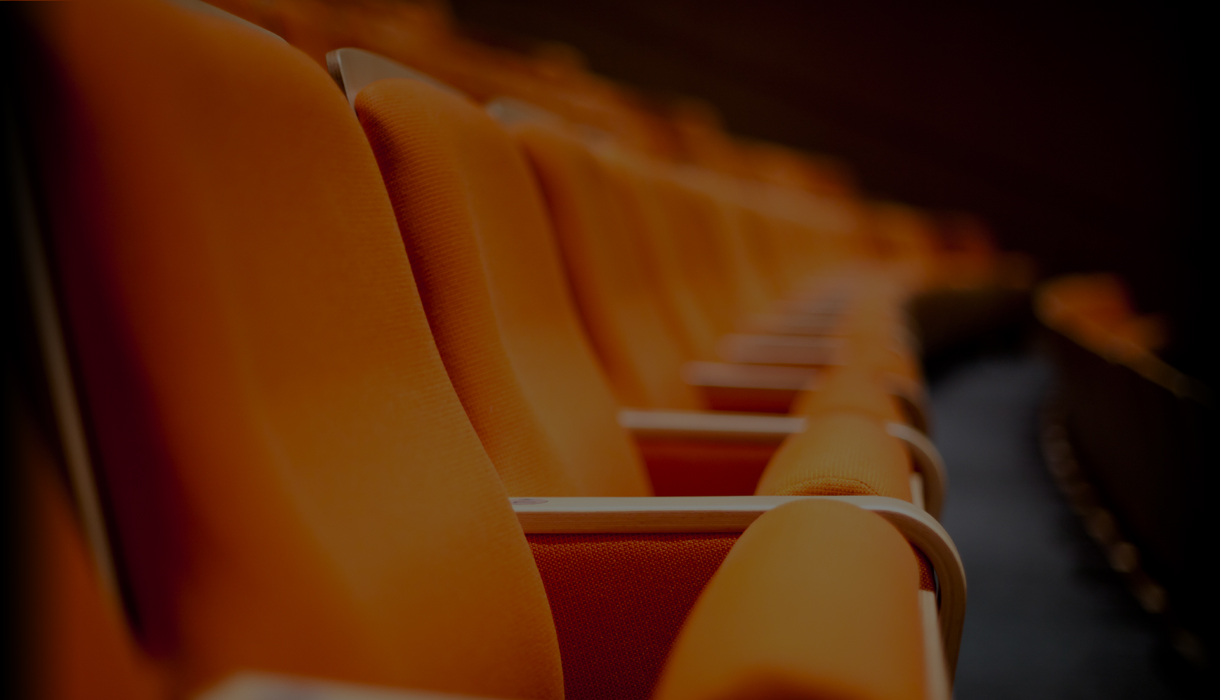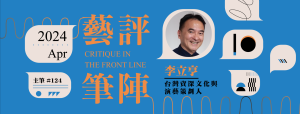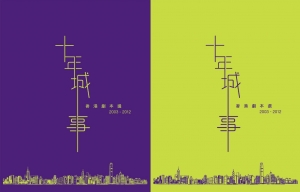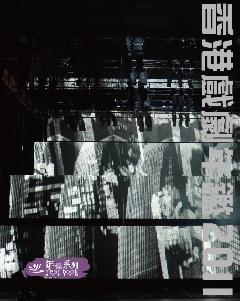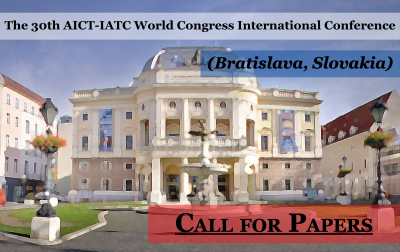AICT-IATC World Congress International Conference
14 May 2020, Bratislava, Slovakia
In general terms, recycling is the process of converting waste into reusable material. The metaphor of recycling, however, may be applied to the performing arts in multiple contexts. Indeed, recycling may be seen as an essential aesthetic quality of theatre and performing arts in general. Despite the assumed replication of a performance from one evening to the next, the recycled cultural product is continuously supplemented, embedding a paradoxical spark of the “new” alongside the “recycled.” In this respect, performance may be said to be forever regenerating itself.
From a historical perspective, there is inherent recycling as genres and styles developed. Classical Greek tragedies recycled the myths of their culture. The Romans later recycled both Greek tragedies and comedies. Works of the Italian Renaissance and French classicism followed this trajectory. Even William Shakespeare was a master of recycling different materials: histories of England, medieval legends, Greek myths, etc.
With focus moving to the director since the late 19th century, each new interpretation of classic work has involved the recycling of narratives.
In the context of our conference, we seek to emphasize contemporary practices with regard to the notion of “recycling” in theatre and the performing arts.
Three main paradigms that the conference will explore:
1. The Artistic Approach: Contemporary theatre has inherited a good deal from the postmodern theatre of the 1970s and 1980s. Even “postdramatic” theatre is influenced by postmodern theatre, as in its use of collage, montage, intertextual connections, intercultural references, and pop-culture quotations (for which the contemporary German directorial school is famous, for example). Even with playwriting we are witnessing a practice of “rewriting” old stories that are repurposed in new social contexts, commenting on traditional narratives and using well-known archetypes. Does theatre today live in an “eternal postmodern time”? Is the notion of newness lost forever? What are the artistic values of this kind of recycling, on the one hand, and the challenges/limitations on the other?
2. The Culture Industry: Recycling may also be linked to the demands of commerce. Theatre makers have notably reused theatrical and non-theatrical material, such as adaptations of famous novels with easily recognizable heroes, transcripts of popular films, historical events, biographies of well-known figures for the sake of commercial exploitation. Can contemporary theatre resist the temptation of endlessly recycling well-known elements? And should it? Festival culture and the market for international co-productions seek “big names” that inspire certain “types” of performances, which then travel the globe. What are the compulsions and drawbacks that emerge in such scenarios? How do festivals deliberately or inadvertently dictate work that is produced and shown? Money is necessary and can be useful, but what is the fallout when the performing arts are singularly driven by the demands of capital and the market?
3. A Theatre of Ecology: Last but not least is the idea of recycling in its most generic context. As our planet grows warmer, can the performing arts contribute to reducing their carbon footprint? What types of experiments are possible in productions that are environmentally conscious and stripped of excess? What versions of a “poor theatre” exist? How can the performing arts be equally resonant when less can be more?
We invite papers and presentations on the themes elaborated above. We encourage making presentations using video and images.
Duration of the paper/presentation: 15 minutes.
Deadline for submitting abstracts (not more than 250 words): January 31, 2020.
Selected participants will be informed by 20 February 2020. Participants must be able to travel to Bratislava.
Submissions and inquiries should be sent to all of the following email addresses:
Ivan Medenica, Director of Conferences, IATC: ivan.medenica@gmail.com
Deepa Punjani, Adjunct, Director of Conferences, IATC: deepa.punjani@gmail.com
Savas Patsalidis, Editor, Critical Stages/Scènes critiques, IATC: savas.patsalidis@gmail.com
Zuzana Uličianska, Executive Committee Member, IATC: zuzana.ulicianska@gmail.com
Selected papers will be published in the “conference papers” section of Critical Stages/Scènes critiques.
A selection of papers may be included in a 2021–22 anthology planned by the Theatre Institute in Bratislava.
If any participant is selected to present in the conference, IATC(HK) will consider to partially or fully support the presenter (1 quota).
